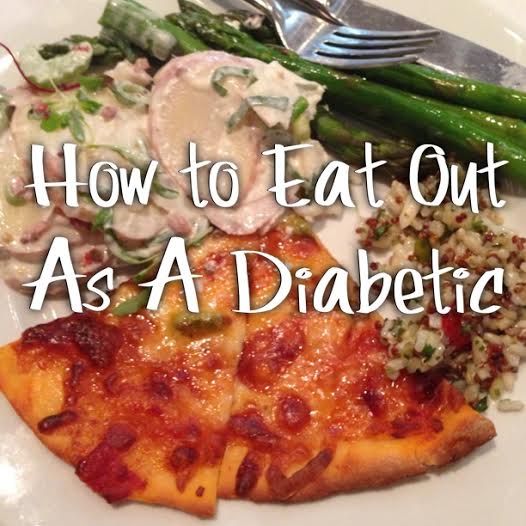In many recent posts & discussions on the internet, there has been a focus on education surrounding chronic conditions. And that can be great. Especially when you’re talking to someone about their chronic condition and how it means changes for their life – it’s so good to have an understanding about that.
But then comes the next stage. Not everyone gets to this stage, but too many do. People who want to give you advice.
We certainly received advice; especially during the year that Ben was told he was a Type 1 diabetic.
“Why don’t you become vegetarian?”
“Why don’t you just exercise and it’ll go away?”
Needless to say, this crap got old really fast. We had enough to deal with in learning how to manage this new condition and adjust our lives to fit it. I stopped talking to people who thought they knew more than me because I simply didn’t have the time to talk about it.
Remember this – no one has more experience of a condition than the one who has it. If you’re learning about it, that’s great, really. But if a basic understanding means that you think of or read about new ways to treat it, consider that the person will have already thought of it or tried it. Not to be offensive, but to be blunt – if you can think of it, then the person who lives with the condition on a day to day basis will certainly have thought of it.
You don’t question someone on how they’re managing their broken leg to get it to heal, so why would you question someone on how they manage their chronic illness?
As advocacy and information becomes widespread on the internet and social media, there is a line to walk. A line between respect & education. Advice & support.
Anyone with a slight bit of empathy should be able to walk these lines well. Sure, we all slip up and say the wrong things, this is human nature. I’m referring to the people who are militant in their advice giving.
When did you last receive unwanted advice? What was it?



